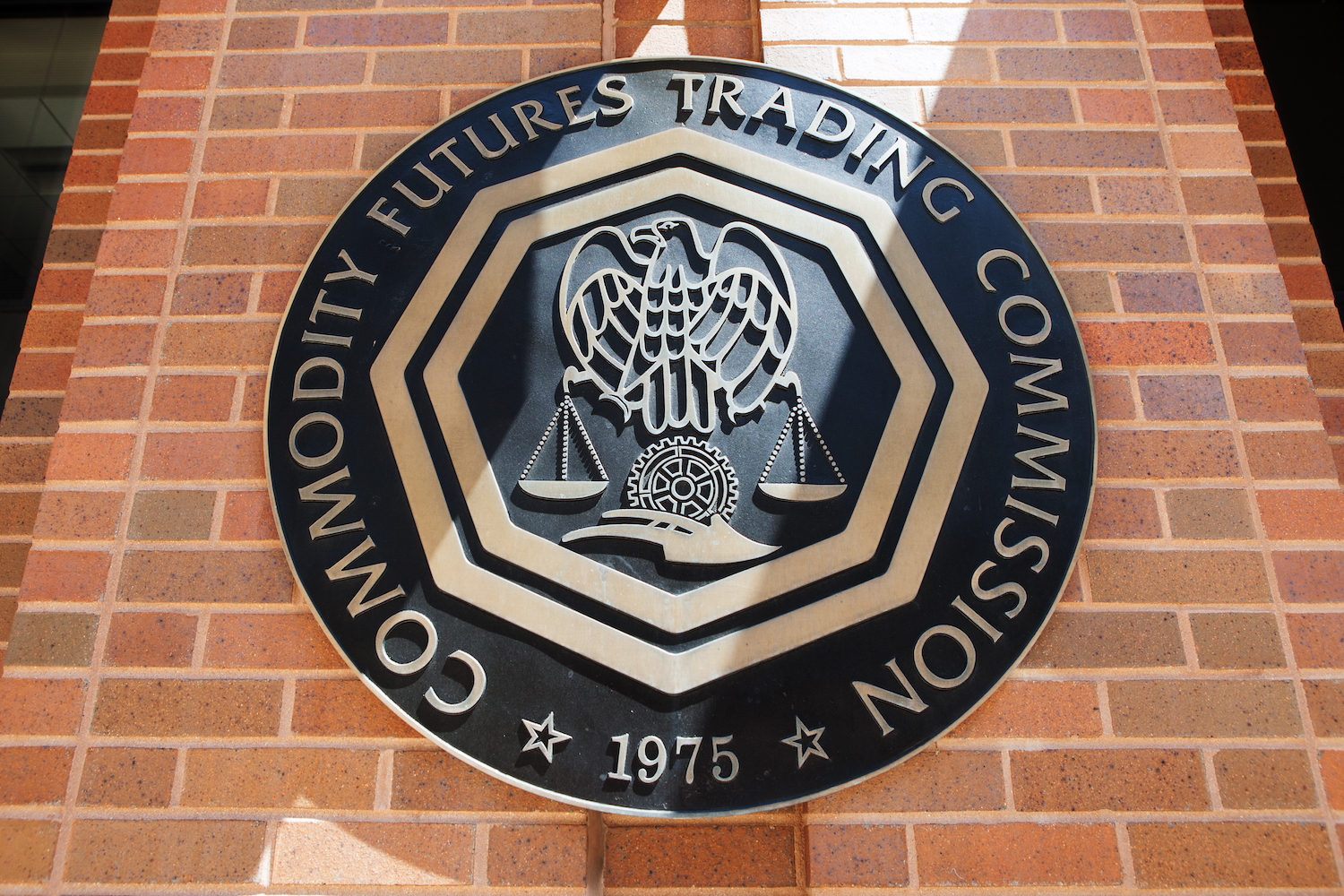Plaintiffs File New, Slimmed Down Complaint in Class Action Lawsuit Against Tether
Plaintiffs in an ongoing class action lawsuit against Tether and Bitfinex have filed a new, slimmed-down complaint accusing the crypto companies of manipulating the crypto markets and violating antitrust laws.
The second amended complaint, filed in the Southern District of New York (SDNY) on Monday, accuses Tether and its sister crypto exchange Bitfinex of operating a “sophisticated scheme to artificially inflate the price of cryptocurrencies” by pushing Tether’s dollar-backed stablecoin, USDT, into the cryptomarket without it being fully backed by U.S. dollars, therefore “creating the illusion of increased demand” for cryptocurrencies, “facilitating trading of [cryptocurrencies] on credit and loaned funds” and ultimately driving up crypto prices.
The complaint is the third to be filed in the same case, overseen by U.S. District Judge Katherine Polk Failla. The first complaint was filed in 2019 and an amended complaint followed in 2020.
The case has had several hiccups, including the removal of the original plaintiffs’ counsel, crypto law firm Roche Freedman (now called Freedman Norman Friedland), after video recordings of attorney Kyle Roche appearing to admit to filing frivolous investor lawsuits to help client, surfaced in 2022.
In the newest iteration of the complaint, attorneys for the plaintiffs levied three causes of action against the defendants – violating the Commodities Exchange Act (CEA) via market manipulation, monopolization, and agreement in restraint of trade – the latter two causes of action both alleged violations of the Sherman Antitrust Act. It’s a slimmed down version of the previous complaints: the original complaint contained eight causes of action, and the amended complaint contained 12.
The suit contained chat and deposition logs from the companies’ operators, allegedly admitting to manipulative actions.
“[Tether Chief Financial Officer Giancarlo] Devasini also acknowledged at his deposition that issuing a substantial credit line ‘that is not backed by anything of an enormous amount of money’ would cause customers to ‘use this fake money to buy an enormous amount of Bitcoin and, therefore, the price will increase,'” the suit said.
A spokesperson for Tether said the claims in the second amended complaint, “as with the prior complaint” are “wholly without merit.”
“Ultimately, it is the facts and evidence that matters, not plaintiffs’ false and misleading allegations,” the spokesperson for Tether said. “We remain confident that we will prevail in this litigation, and that plaintiffs’ nonsensical conspiracy theories will be rejected.”
Last year, lawyers for Tether and Bitfinex filed a memorandum of opposition against the plaintiffs’ motion to amend their complaint for a second time, calling it “in reality a motion for leave to start over” after the discovery process had concluded, but in June, Failla ultimately granted the plaintiffs’ motion for leave to file the second amended complaint.
The lead plaintiffs in this case are U.S.-based crypto traders Matthew Script, Benjamin Leibowitz, Jason Leibowitz, and Pinchas Goldshtein, though several other civil class action suits and their plaintiffs have also joined the case.
Attorneys for the plaintiffs did not respond to CoinDesk’s request for comment.
Disclosure
Please note that our
privacy policy,
terms of use,
cookies,
and
do not sell my personal information
has been updated
.
CoinDesk is an
award-winning
media outlet that covers the cryptocurrency industry. Its journalists abide by a
strict set of editorial policies.
In November 2023
, CoinDesk was acquired
by the Bullish group, owner of
Bullish,
a regulated, digital assets exchange. The Bullish group is majority-owned by
Block.one; both companies have
interests
in a variety of blockchain and digital asset businesses and significant holdings of digital assets, including bitcoin.
CoinDesk operates as an independent subsidiary with an editorial committee to protect journalistic independence. CoinDesk employees, including journalists, may receive options in the Bullish group as part of their compensation.
:format(jpg)/s3.amazonaws.com/arc-authors/coindesk/572b85a4-8cec-4461-a07f-e8426649a469.png)
Cheyenne Ligon is a CoinDesk news reporter with a focus on crypto regulation and policy. She has no significant crypto holdings.
Follow @cheyenneligon on Twitter









